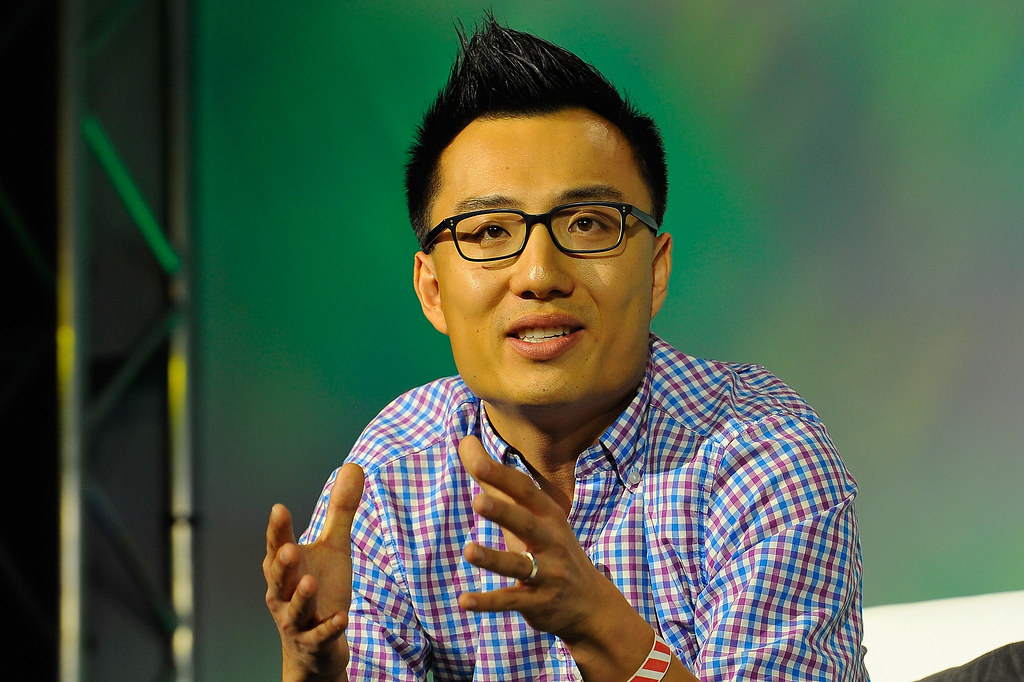During the height of the Covid pandemic, when restaurants nationwide faced unprecedented challenges, DoorDash CEO Tony Xu proposed an unconventional idea: cutting commissions to help struggling restaurants survive. While Chief Business Officer Keith Yandell feared the move might devastate profits ahead of the company’s planned IPO, Xu insisted, “If restaurants don’t thrive, we cannot.” This leadership decision led DoorDash to sacrifice over $100 million in fees but ultimately strengthened its partnership with restaurants.
Founded in 2013 on the Stanford campus, DoorDash has grown under Xu’s leadership into a major player in the fiercely competitive, low-margin food delivery industry. Valued close to $90 billion, the company’s stock has surged 23% this year, outpacing broader market gains despite ongoing tariff concerns. Despite slim net profits over four years post-IPO, Xu’s focus on growth through acquisitions continues to shape DoorDash’s strategy.
Aggressive Expansion Through Acquisitions
Recently, DoorDash acquired UK-based Deliveroo for $3.9 billion and restaurant technology firm SevenRooms for $1.2 billion. These moves signal Xu’s ambition to expand globally and diversify the company’s offerings. To support further growth, DoorDash announced $2.5 billion in convertible debt financing, part of which could fund more acquisitions. Historically, DoorDash has used acquisitions to bolster market share, having purchased Caviar in 2019 and the international delivery platform Wolt in 2021.
DoorDash initially found success by focusing on suburban markets, where delivery options were limited, while competitors targeted urban centers. The pandemic accelerated demand, tripling revenue in 2020 and boosting growth in 2021. Yet, competition remains fierce, with rivals like Uber Eats and the merged GrubHub-Seamless entity continuing to challenge DoorDash’s dominance.
Leadership and Company Culture
Xu’s leadership style reflects his personal journey from growing up in Champaign, Illinois, where he worked mowing lawns, to building a tech giant. Colleagues praise his operational excellence and ability to spot talent. Despite DoorDash’s rise, some restaurants resent high commissions, which can reach 30%, though DoorDash has introduced tiered pricing to accommodate different businesses.
Known for his hands-on approach, Xu has been spotted driving a modest car to company events and participates in customer service and delivery programs. He balances his personal life with work, often answering support calls early mornings and coordinating across international teams at night.
With DoorDash surpassing 10 billion deliveries worldwide, Wall Street watches Xu’s ability to integrate multiple acquisitions smoothly. While analysts caution about near-term challenges, the company’s vision to be a global multi-product platform remains clear.
What The Author Thinks
Tony Xu’s story and leadership show that even in high-tech, high-stakes industries, personal grit and empathy remain crucial. His willingness to put customer and restaurant needs first, coupled with smart strategic moves, sets a standard for founders navigating today’s competitive startup landscape.










